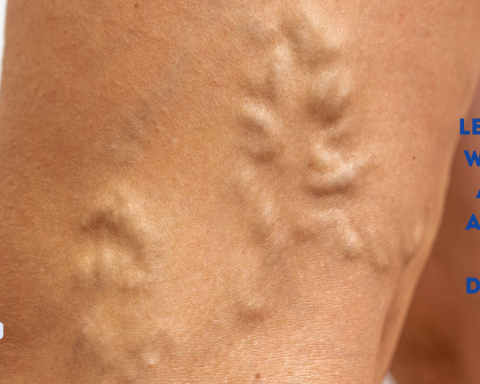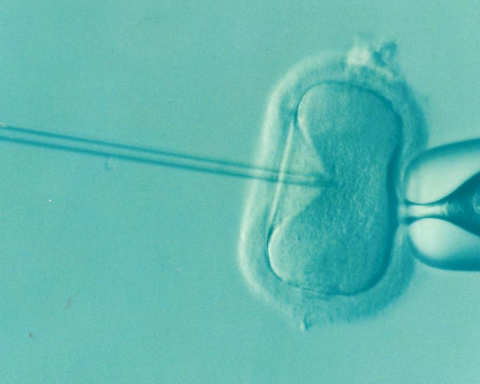Making three positive lifestyle changes really can maximize your chances of living long and well. They are to stop smoking, eat healthily and exercise. Do all three and you cut the risk of dying prematurely by 65 percent, according to one study. What else makes a difference as the years go by? Positive thinking, destressing, and getting plenty of sleep all enhance well-being. In the end, however, the answer to eternal youth comes from locating an on-button within that keeps us alert, open to new experiences, and engaged with the world around us—simply appreciating and enjoying life can go a long way toward extending it.
STOP SMOKING
Older people form the part of the population most likely to suffer from tobacco-induced disease and premature death: smoking shortens life by an average 12–15 years. Moreover, smoking is the second best way to age the skin (after UV exposure). According to the World Health Organization, tobacco is more addictive than heroin, cocaine, alcohol, caffeine, and marijuana. Now is the time to stop!
Educate yourself
How much do you know about the risks of smoking as an older person? Studies suggest that you are unlikely to want to stop until you know the worst. Get online and find out now!
Never too late
Smoking for decades doesn’t make it harder to give up—nor are the benefits reduced. Studies demonstrate that quitting even post 65 brings significant health benefits and extends lifespan. After five tobacco-free years, risk becomes close to that of a lifelong nonsmoker.
Make a plan
The first step in quitting is to decide you want to stop (not just cut down). It may help to record your thinking in a journal. List reasons for quitting and explanations for why it hasn’t worked in the past. Note alternative ways to cope with stressful events. Set down a date to aim for.
Nicotine replacement
Using appropriate nicotine replacement therapy, such as patches, gum, inhalers, and nasal sprays or non-nicotine Zyban tablets, reduces cravings and withdrawal symptoms and can double your chance of quitting. Check with your doctor before buying off-the-shelf products.
Involve professionals
Consult your doctor about clinics or groups that offer programs tailored to helping smokers kick the habit. For free advice on how to quit smoking, check the Centers for Disease Control and Prevention website.
Self-help groups
The camaraderie of other would-be nonsmokers can help in the struggle to quit. Seek out a group near home or work.
Detox with fruit and veg
Not only does smoking create freeradical molecules that prematurely age the body, but smokers also have lowered levels of the antioxidant vitamins needed to mop up the damage. As an antidote, pack your diet with free-radical-busting fruit and vegetables and drink plenty of water to flush away toxins.
Avoidance strategies
It often helps to sever associations between smoking, socializing, and alcohol. Save smoking for solitary sessions. Plan your social life around nonsmoking friends and venues. Cut out alcohol during at least the first two months of quitting; this seems to boost willpower to keep up the good work.
Eat your greens
Make sure to eat cruciferous vegetables most days. Two daily helpings of broccoli, cauliflower, or Brussels sprouts can reduce levels of tobacco toxins in smokers, claims the American Health Foundation.
Herbal help
To support and cleanse the lungs after giving up, take coltsfoot (Tussilago farfara) as a herbal tincture (30 drops daily in water) or as capsules (follow pack directions).
Try acupuncture
Researchers have found acupuncture effective in helping kick the habit. Ask your doctor about referral.
Homeopathic support
Take the remedy Caladium 30 c daily for two weeks after giving up to modify cravings for tobacco. Take Nux.Vomica 30 c daily for two weeks to help the body rid itself of nicotine. If you develop a cough after giving up as the lungs try to drain built-up catarrh, try a daily dose of Pulsatilla 30 c until symptoms ease.
Apples help
Need to put something in your mouth? Try a crisp apple. The tangy freshness can stave off cravings.
Savings add up
An Ohio State University study demonstrated that for every year of smoking adults lost around 4 percent of income. Put away the money you save by not smoking then buy something tangible: maybe a new sofa or a truly fabulous pair of shoes.
Keep trying
If you give in, don’t feel like a failure. Dust off your self-respect and start over. The average person takes seven goes to give up for life. Zero tolerance of tobacco is essential after giving up. Even after years of abstinence, just one cigarette can trigger cravings.








